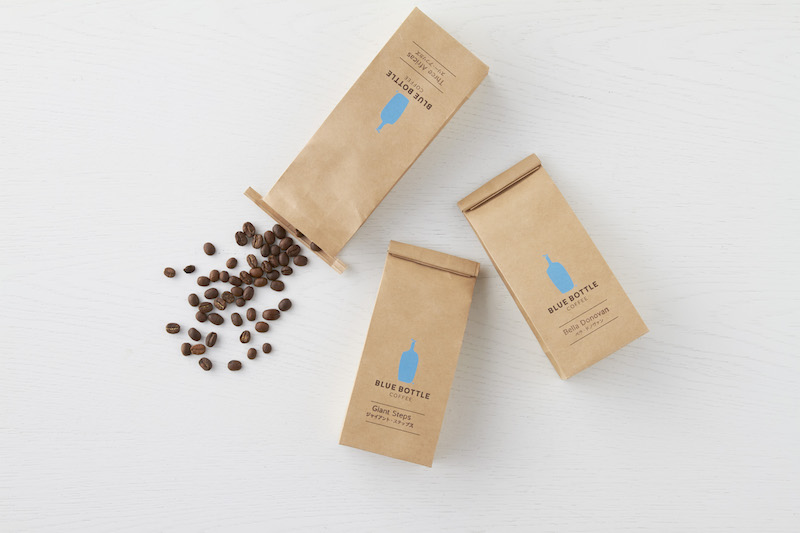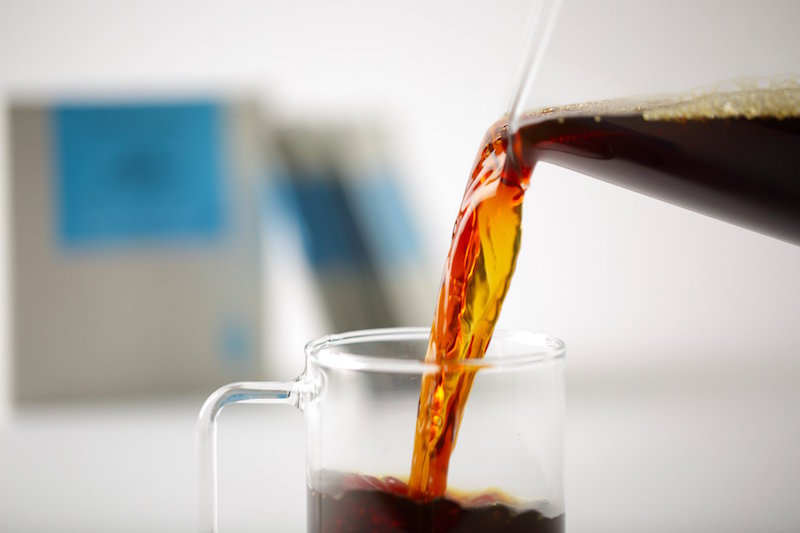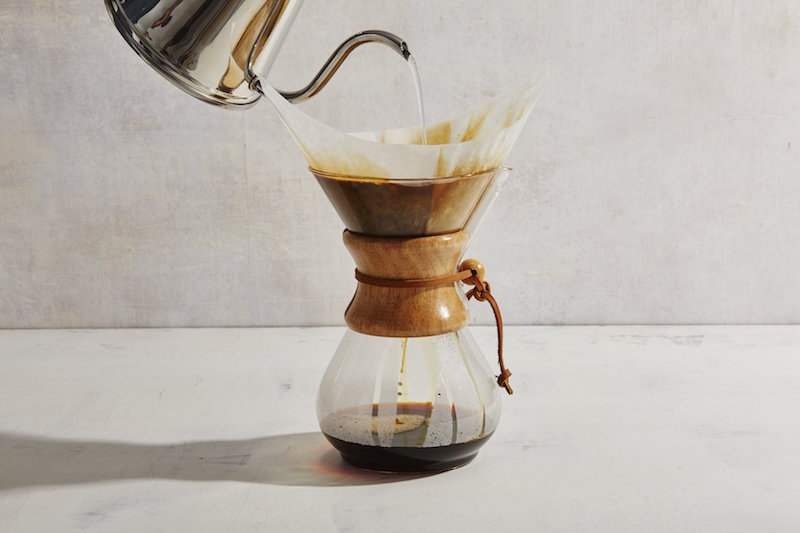The Best Way to Store Coffee
Director of Training Michael Phillips on keeping your coffee fresh
Coffee storage is one of the perennial topics of our industry, and it’s an issue we take very seriously.
And why wouldn’t we? Whether you’re tearing open the new single origin that just arrived in the mail, or standing in the doorway of one of our roasteries, the smell of fresh-roasted coffee remains one of the world’s most distinctive; in our humble opinion, it’s also one of the best.
Ensuring our beans retain their freshness is a priority in our cafes, and we want you to be able to enjoy them at home for as long as you can after they’ve been roasted (we recommend doing so within fourteen days). Though we offer basic coffee-storing tips on our website, we asked Michael Phillips, Blue Bottle’s Director of Training, to add some depth.
Freshness Is Key
"The two primary enemies to coffee freshness are oxygen and light," says Michael. "The same two things that give us life take it away from coffee, ironically enough.”
Keeping your coffee fresh means adhering to three principles: Decrease air movement, limit temperature fluctuations, and avoid exposure to sunlight. These are the principles by which we store coffee in our cafes, and luckily, they’re easy to apply in your own home.
Simple as these are, however, it doesn’t mean that certain myths about coffee storage haven’t managed to persist.
Coffee Storing Myths
One of the most stubborn of these myths is that storing your coffee in the freezer prolongs freshness. According to Michael, this is untrue for several reasons.
“If you have a bag of coffee that is hermetically sealed and there's no way oxygen can get into it,” he says, “there's maybe a loose argument to be made that keeping it in the freezer might help. But most coffee bags (including ours) aren’t sealed, and if you put them in your freezer, it will actually do more harm than good.”
“Coffee is like a sponge: Once it’s been processed, it’s dry, coarse, and absorbent. Besides being exposed to frostburn, in the freezer, it will start to absorb the flavors floating around in there,” says Michael. This principle also applies to storing coffee in the refrigerator, where moisture levels will accelerate flavor loss even more.
Storing in your grinder hopper is also a bad idea. Most grinders aren’t airtight, and besides causing coffee to go stale more quickly, it can also cause oil to build up inside the grinder. Storing it in your grinder doesn’t make sense if you like to drink more than one kind; different coffees will inevitably mix in the grinder, making it harder to adjust to differing grind sizes.
Myths aside, there are a few very simple things you can do—and avoid—to make sure your coffee stays fresh.
Buy the Right Amount of Coffee
“The number-one golden rule of coffee storage is to not have too much to store in the first place,” says Michael. “Make sure you're buying in small enough quantities so that you can use your coffee before it loses freshness.”
For some, this means learning how to strike the balance between buying new beans every day, and buying so much you have to wait days, or weeks, before buying more. While there’s nothing wrong with buying a lot of coffee at once, doing so means you have to come up with an elaborate container system to keep all of it fresh. This is a lot more complicated than buying only as much coffee as you need at a time.
“For the average person storing coffee at home,” he goes on, “you're not necessarily buying it just by the cup. But if you keep your amounts small, you won’t have to worry about wasting coffee.”
Use Airtight and Lightproof Containers
“My recommendation for most people,” says Michael, “is that they have an airtight storage container, weigh out the amount of coffee they want to use for a cup, and put it in the grinder to be ground.”
Blue Bottle Coffee bags aren’t hermetically sealed, but airtight containers—like mason jars, repurposed bottles, or a sealable plastic bag—are easy to come by.
While most of these will work to keep out air, if they’re translucent, they are permitting light to get to your coffee. You can either store one of these containers in a place that’s consistently dark, like a cupboard or a pantry, or you can find a container that’s lightproof as well as airtight.
However you do it, abide by these three principles, and your homemade coffee will always be delicious.




